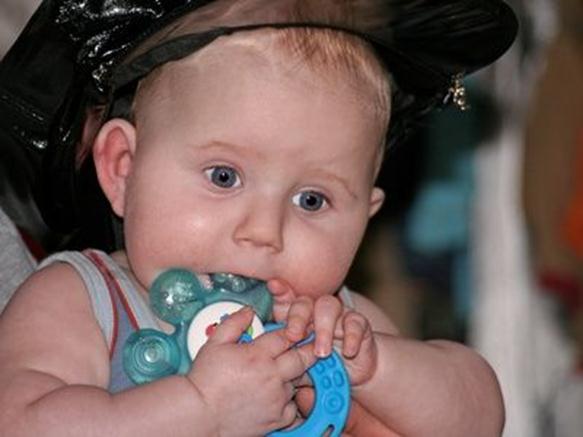Tips
There
is no perfect.
Placing too much emphasis on a blood
glucose reading can leave kids feeling as if the number determines their worth.
“You’re not going to have perfect blood sugar,” says Barbara Maslaney, RN, BSN,
CDE, a diabetes educator at Seattle Children’s Hospital. “Your blood sugar is
just a number. It doesn’t make you good or bad.”

.
“It’s really important for kids to feel like their parents are being strong,
but it’s also good for adolescents to see their parents struggling to cope
because they can see, “Oh, it’s OK to feel like this right now,’”
Be honest with your feelings. “It’s really
important for kids to feel like their parents are being strong, but it’s also
good for adolescents to see their parents struggling to cope because they can
see, “Oh, it’s OK to feel like this right now,’” says Jaclyn Gee, MS, CCLS, a
child life specialist at the Naomi Berrie Diabetes Center. “It’s OK to be
angry.” And to work together to cope.
Alert
day care or school.
After Andi Smith’s son was diagnosed, she
wasn’t able to drop him off at day care until the staff was trained to use
glucagon for low blood glucose emergencies – a process that took a week. Be
sure to speak with your day care as soon as your child is diagnosed to make
sure that he or she has care and adequate supplies and that the staff will be
trained to provider diabetes care.

Alert
day care or school
Invest
in a calorie-counting book.
The parents interviewed for this article
all recommend the book The CalorieKing Calorie, Fat, and Carbohydrate
Counter, which lists carb counts for common foods as well as restaurant
foods. The American Diabetes Association’s Diabetes Carbohydrate & Fat
Gram Guide is also a helpful tool for learning the nutrition information of
foods. Another option: Download a carb-counting app for your phone, such as
CalorieKing.
Read
your insurance plan.
When a child has a chronic illness,
understanding your insurance coverage becomes part of your job. Make sure you
know what medications, devices, and supplies such as test strips are covered as
well as any brands that are preferred. Your provider can direct you toward
affordable options and assistance programs if you have no insurance.
Prepare
for emergencies.
Wendy Rose types her daughter’s symptoms of
low blood glucose and her phone number on a bright note card, which she staples
to a plastic bag containing a juice box, for any caretakers. It beats
explaining the details and having the caretaker forget, she says.
Buy a
baby monitor.
Red Maxwell’s daughter Cassie would cry in
the middle of the night when her blood glucose fell. The monitor alerted
Maxwell and his wife immediately. They used the monitor until his daughter was
12. Or go high tech: The new Medtronic Sentry system, which can sit on your
nightstand, wirelessly displays readings from a continuous glucose monitor that
the child wears.

Buy
a baby monitor
Give
your child a time limit.
Because her toddler is at an age when he
doesn’t want to take time out of play for blood glucose tests or insulin
injections, Andi Smith sets a timer. Her son knows that when he hears the ding,
it’s time for diabetes care – no arguing.
Use a
medical ID.
If your child won’t wear a medical ID (or
if the ID jewelry keeps getting lost), try this trick from Rose: Buy temporary
tattoos (they’re available online) that say “I have type 1 diabetes” and apply
a new tattoo on the child’s left wrist every few days.
Watch
for growth spurts.
Insulin needs will change as kids grow.
Growth hormones and menstruation can raise their blood glucose levels. Discuss
with your health care provider how to handle these changes.

Watch
for growth spurts
Manage
in the heat.
Warm weather and hot water, such as in a
hot tub, can speed insulin uptake and raise the risk of hypoglycemia. Hydration
and extra blood glucose monitoring are important.
Find
the right sitter.
Because they were worried about leaving
their daughter in the hands of someone unfamiliar with diabetes, Maxwell and
his wife found students with diabetes at the local college who were willing to
babysit.